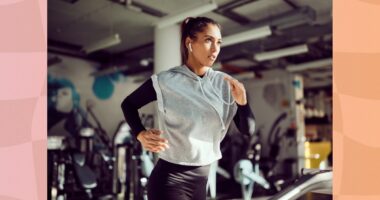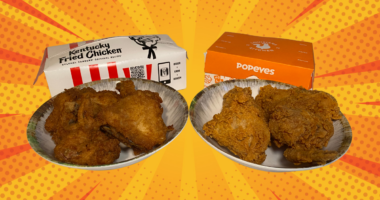Youth, as they say, is wasted on the young. While I’m glad I spent my 20s building healthy habits, I also made many mistakes that slowed (or stopped) my progress. Then, as a fitness coach, it took me years to discover certain truths no one else taught me. Today, I’m sharing seven of my biggest fitness regrets.
Looking back at my 20s, not only would these habits have helped me today, but if I started earlier, I would be so much further along now. The best part? Regardless of your age, it’s not too late to start any of these tips and reap the rewards in your body and overall health. So keep reading to learn more about my seven biggest fitness regrets, and how you can make changes in your own routine to avoid or ditch these mistakes.
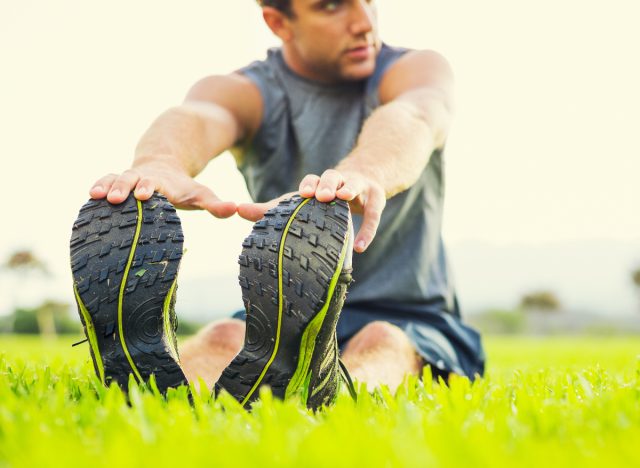

Previously, I learned that passive stretching isn’t as effective as dynamic stretching. But while it’s better to do dynamic stretches before athletic activity—a workout, game, etc.—there are massive benefits to stretching. You don’t need to be a pretzel, but decent flexibility does wonders for your muscles, joints, and overall health, according to Harvard Health Publishing.
Now, I stretch every day, and it’s been a lifesaver. If I started earlier, I would have been more flexible by now and (probably) could have avoided unnecessary aches and injuries.
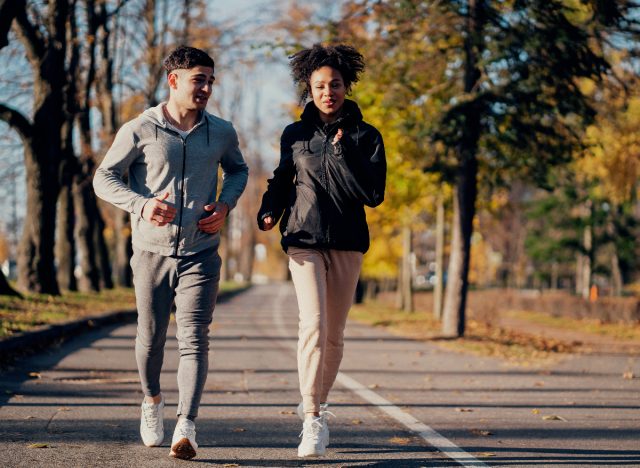

I used to think the best way to get fit was to lift weights and do high-intensity interval training (HIIT). I also believed that traditional, long-duration cardio would even sabotage my strength gains.
Big cap. No matter your fitness goals, cardio has incredible benefits. Research shows that it improves your heart health, physical conditioning, and brain health and also helps you recover from a tough training session so you can get bounce back faster—which in turn helps you build more strength.
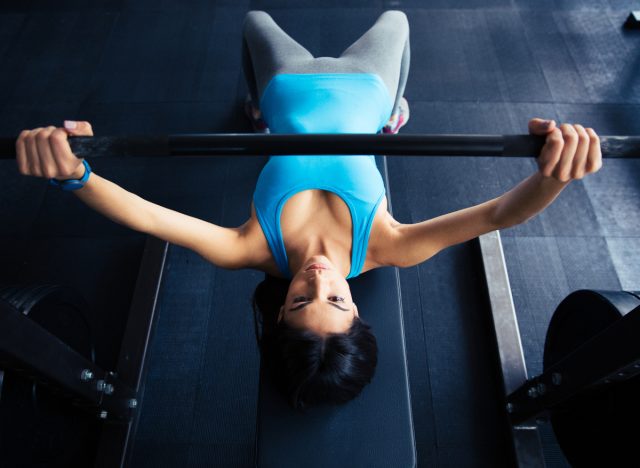

Powerlifts include the barbell back squat, bench press, and deadlift. Those exercises are phenomenal at building strength. But if you lack the movement abilities to do them correctly, they can be hard on your joints (as I found out the hard way).
If your body can handle powerlifting, great! But don’t think it’s the only way to get big and strong. There are plenty of other awesome strength exercises, too.
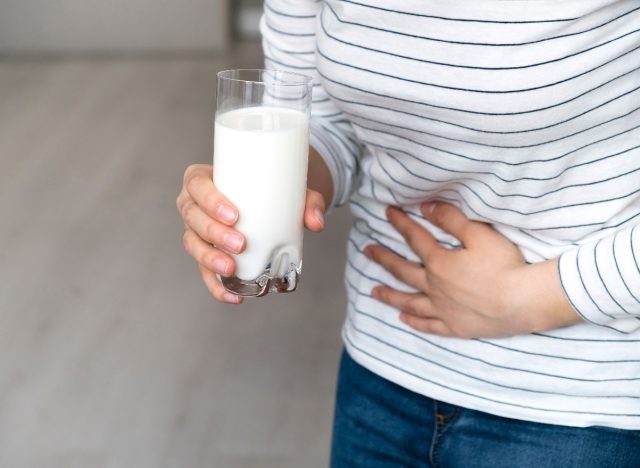

Previously, there were many foods I ate because they were healthy and delicious, but I later discovered they made me bloated, sluggish, itchy, etc. due to intolerances (which is different from an “allergy”).
READ RELATED: Improving Your Eye Health: Managing Diabetes and Hypertension for Better Vision
Everyone reacts differently, so keep a journal and track how foods make you feel, perform, sleep, etc. You might be surprised that certain things “healthy” foods actually make you feel a lot worse.
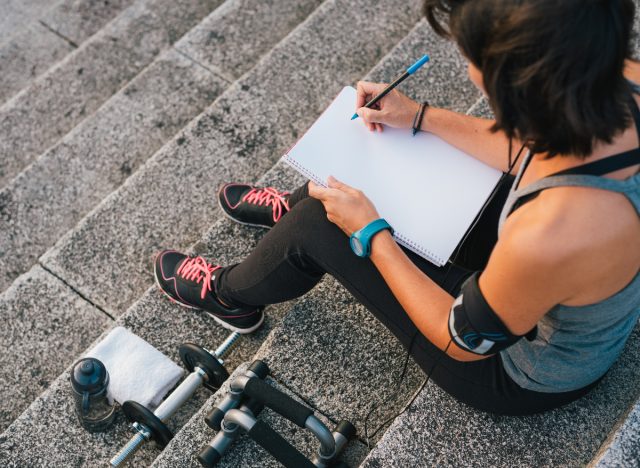

You often see videos of “insane transformations” online, but either they took a decade to achieve it, they’re hiding something, or they’re genetic freaks. (Anything with “insane” is typically a red flag.) It does no favors to convince you that, if you do the same exact thing, you’ll achieve the same body.
The hard truth is, it takes years to make a massive change in your body. But the time will pass anyway, so you might as well build habits that will get you there. Focus on the long-term game.
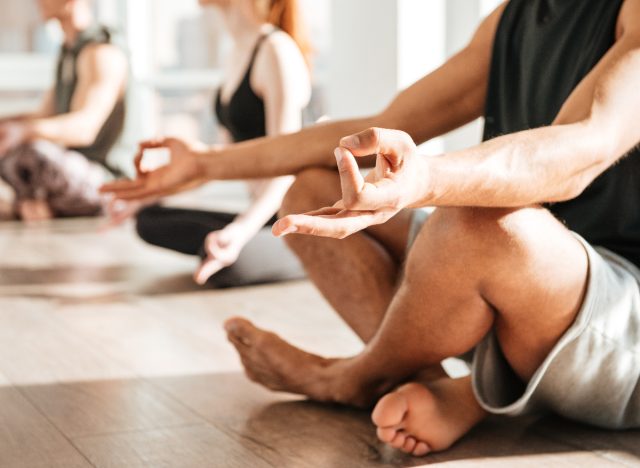

I’ve meditated daily for the past few years, but I wish I started a decade ago. It would’ve helped tremendously—especially when dealing with the life challenges of becoming an adult.
Remember: Health is both physical and mental and they impact each other. Don’t be surprised if improving your mental health will improve your physical health, too.
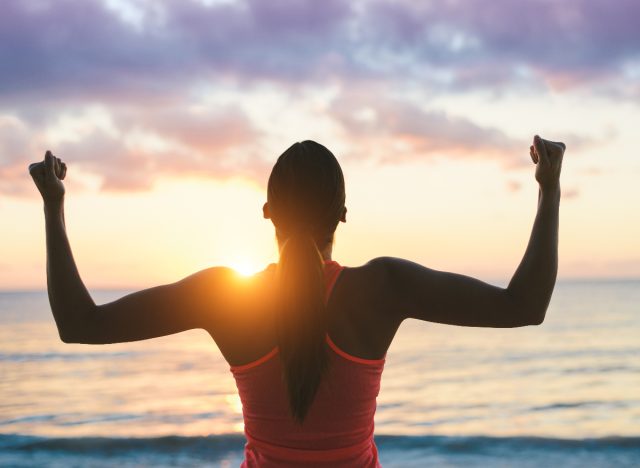

This is one of the toughest lessons that I’ve had to learn. When we’re feeling aches and pains, we’re often taught to grit our teeth, be a warrior, and overcome it—but that proves nothing.
If you feel a little “tweak” in the gym, on your run, playing basketball, etc., stop and go home. Live to fight another day. Why? Because if you make it worse, you’ll be out for weeks or months, which causes more problems than if you simply stopped that moment.
Again, play the long-term game. Good luck.
Anthony J. Yeung
Source:




